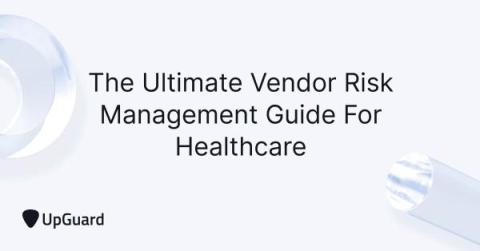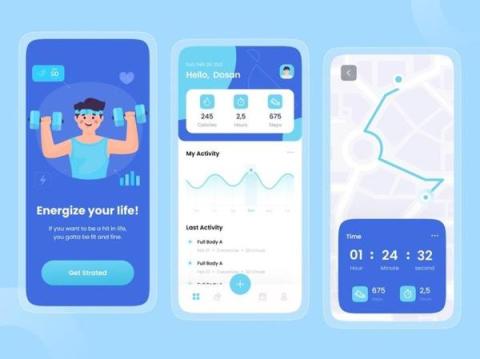Welltok's MOVEit Breach Continues; Another 2 Million Records Harvested
Welltok provides a multi-use platform allowing institutions and individuals to manage their health and well-being. It is a third-party solution that caters to clinics, health networks, industry leaders, and private clinics. They also offer personalized resources and solutions meant to improve the health and lives of applicable patients.






